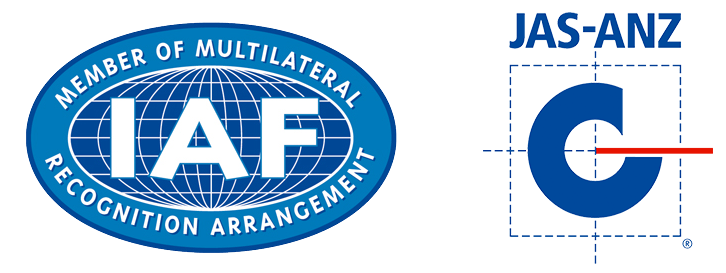Precision Casting: Definition, Process, and Applications
Precision Casting: Definition, Process, and Applications

Precision casting is a significant method in modern industrial production processes. In this article, we will discuss what precision casting is, how it is applied, and the fields in which it is used.
Definition:
Precision casting is a casting method used in the production of parts with complex geometries and the requirement for high-quality results. This method typically utilizes specially designed and high-quality molds. The precision casting process is developed to achieve high precision, low tolerances, and smooth surfaces.
Process:
The precision casting process consists of several fundamental steps. Firstly, a detailed part design is created, and a specialized casting mold is made. Then, the casting material (typically metal alloys) is heated and transformed into a molten state. The molten material is poured into the prepared mold. With the cooling and solidification process, parts with the desired shape and properties are produced. Finally, the parts are processed and, if necessary, undergo assembly and finishing operations.
Applications:
The precision casting method has various applications in many industrial sectors. It is widely used in industries such as aerospace, automotive, medical devices, electronics, and horology. Precision casting provides a significant advantage in the production of parts with complex geometries and components requiring high strength and low weight. Additionally, precision casting is valuable from a sustainability perspective as it is a production method that requires less processing and generates less waste.
Conclusion:
Precision casting is an important casting method that enables the production of complex parts with high precision. This method is applicable across a wide range of industries and offers advantages in terms of quality, accuracy, and efficiency. Precision casting continues to advance with the use of advanced technologies and the discovery of new materials. In the future, the widespread adoption of precision casting in more sectors and the ability to produce more complex parts are expected.
The advantages of precision casting include high quality and accuracy, successful production of complex geometries, the ability to work with low tolerances, and cost-effectiveness. Additionally, the precision casting method requires fewer process steps and reduces material waste. This contributes to energy and resource conservation, supporting environmental sustainability.
Precision casting also presents certain challenges. Particularly, mold design and mold production are complex processes. Additionally, factors such as material selection, temperature control, and cooling process must be managed correctly. However, evolving technologies and advancements in expertise demonstrate the potential of precision casting to overcome these challenges.
In conclusion, precision casting is a proven method for producing complex parts with high precision and plays a significant role in various industries. With continuously evolving techniques and materials, precision casting is expected to become more widespread and capable of producing more complex parts. Precision casting will continue to be an important option for those seeking quality, accuracy, and efficiency in industrial production.

